All Action is Human Action
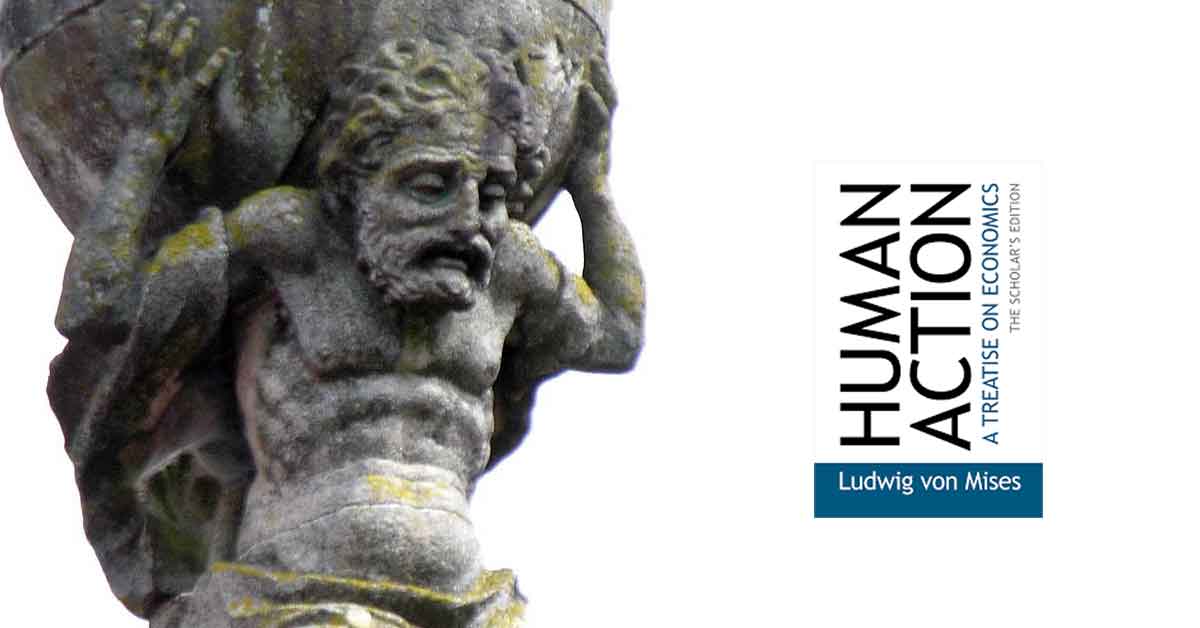
As Mises said, “all action is human action”. In other words, although we form groups that can indirectly act through consensus, groups themselves aren’t physical entities (and thus they can’t act directly).
Laws are a system of rules that govern behavior. Typically laws are written, followed, and enforced as a social contract between members of society.

As Mises said, “all action is human action”. In other words, although we form groups that can indirectly act through consensus, groups themselves aren’t physical entities (and thus they can’t act directly).

Eugenics (including positive eugenics which breeds traits, and negative eugenics which prevents breeding) has been practiced since the Greeks, but rose to popularity in the west starting in the late 1800’s.

Extreme equality and an extreme inequality are both equally as dangerous in a democratic society. In both cases it corrupts the government.
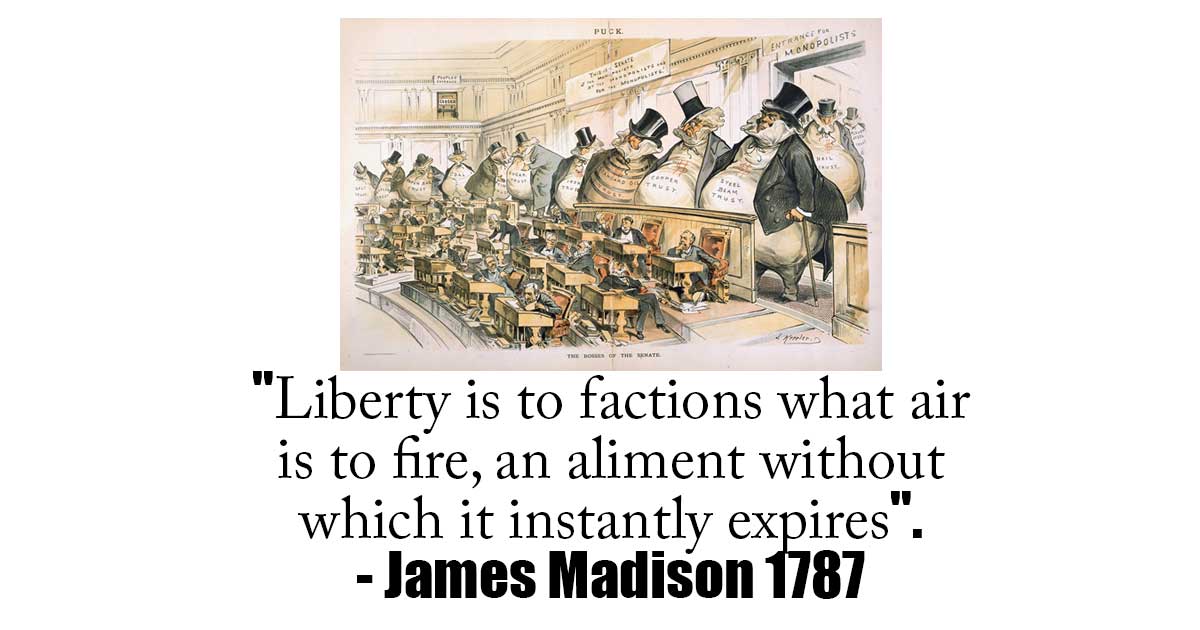
As James Madison said when discussing special interest factions and liberty in the Federalist #10, “Liberty is to faction what air is to fire, an aliment without which it instantly expires”.
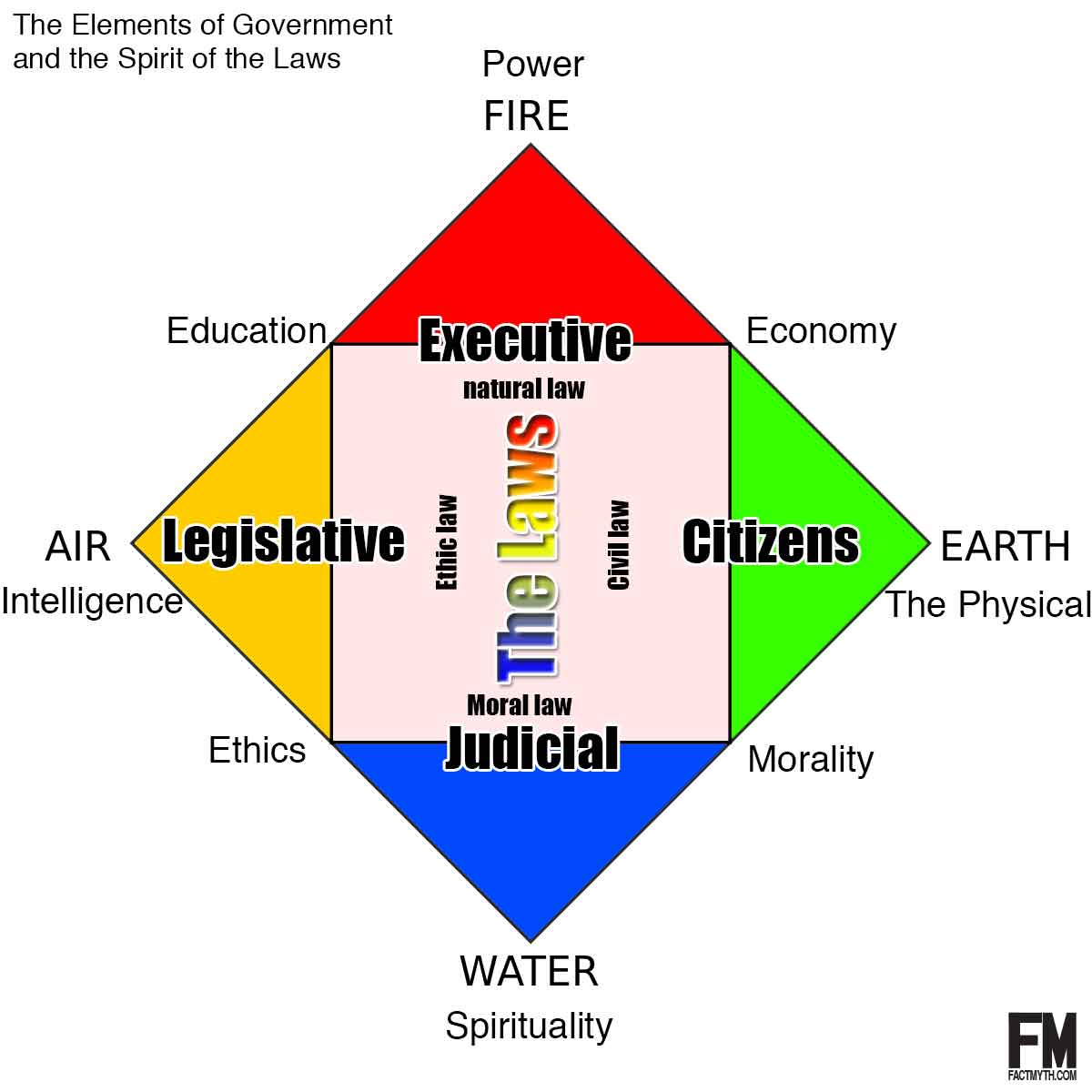
The four “elements” (or “powers”) that form the foundation of government can roughly be expressed as: citizens, executive, legislative, and judicial.

We often attribute the origin of the state of nature argument to Hobbes, but it can be traced to thinkers like Plato, Aristotle, and the Sophists in the 300s BC, and is then mused on by other early philosophers.
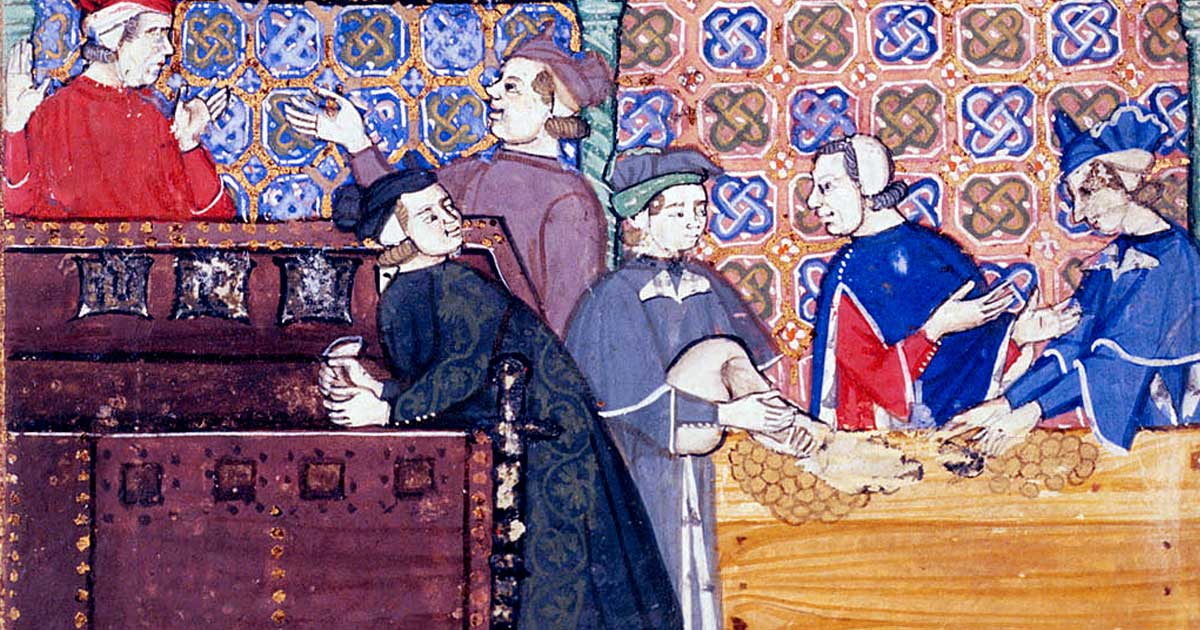
Modern banking originated in Italy around 1150 as Jews fleeing persecution brought new practices, including “discounting”, to the merchant banks of the Italian piazzas.
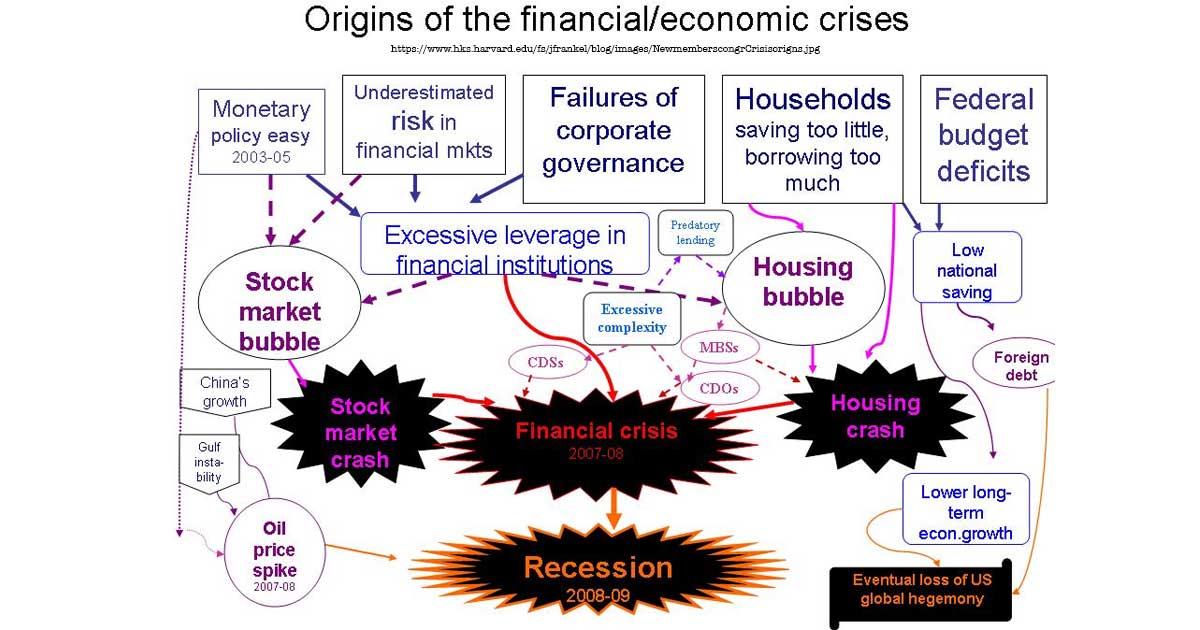
We explain the Financial Crisis / Great Recession of 2007 – 2009 that began with the 2006 housing bubble, led to a recession in the U.S. by December 2007, and became a global crisis by 2009.
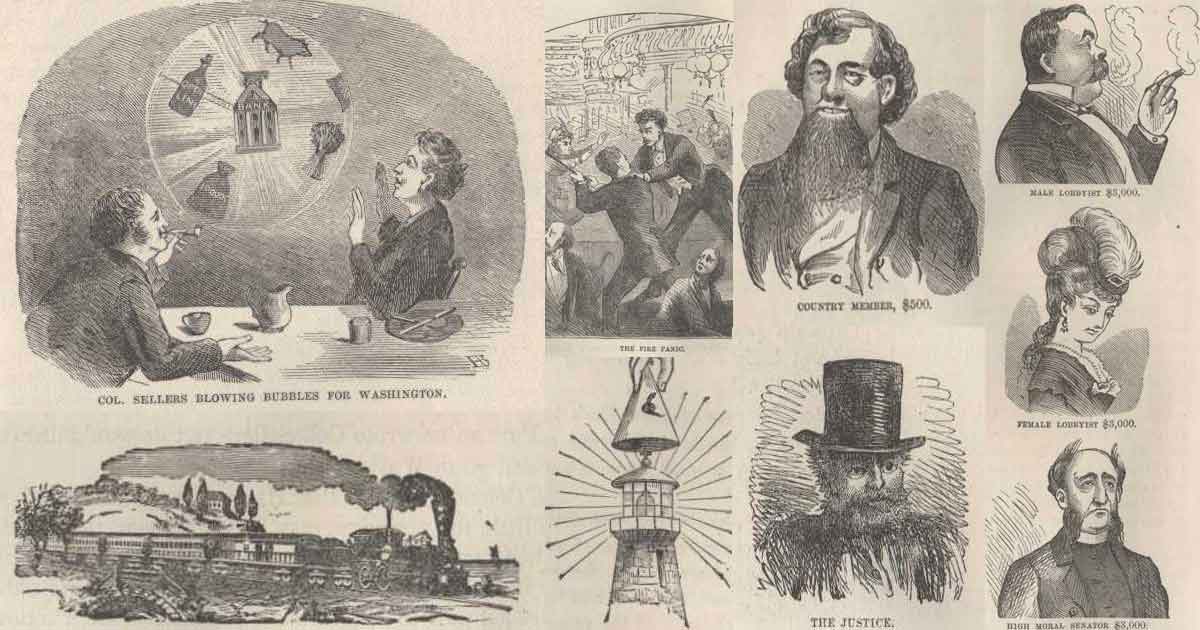
Below we present an annotated version of Andrew Carnegie’s 1889 essay Wealth (better known as the Gospel of Wealth).
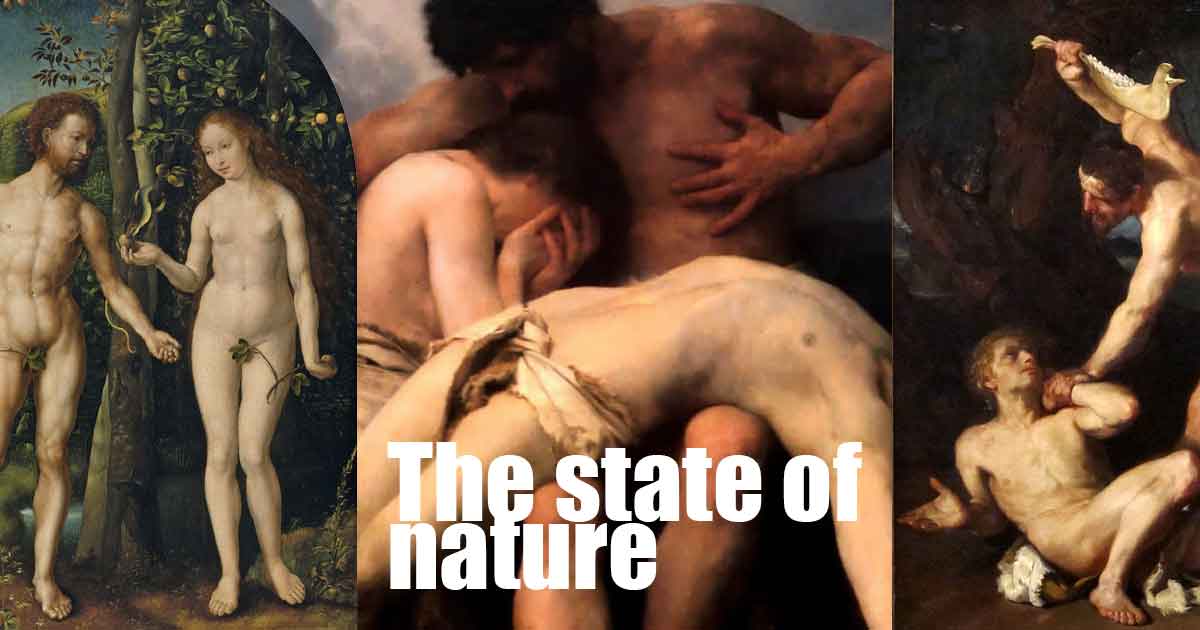
The state of nature is the state humans lived in before forming the first societies. By examining the state of nature we can better understand the implicit and explicit social contracts which govern societies.